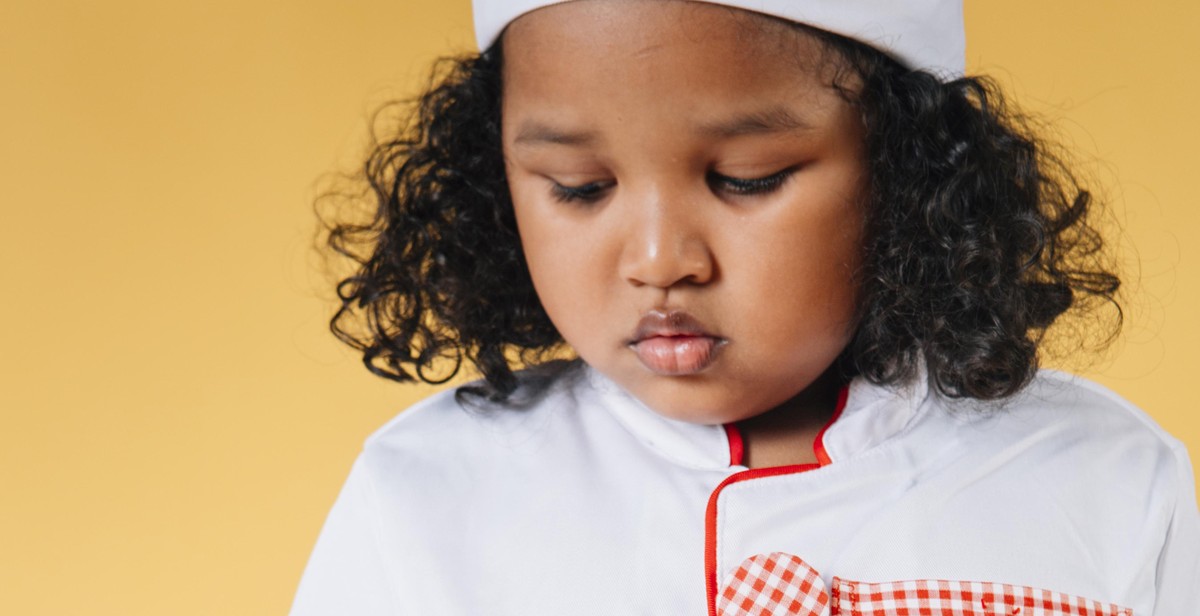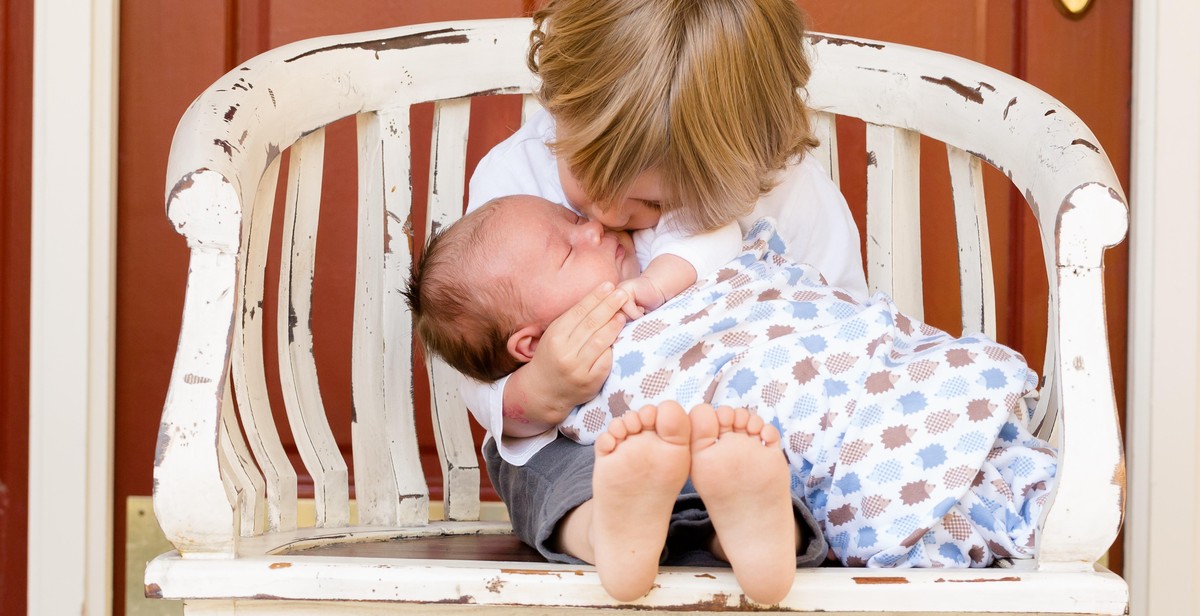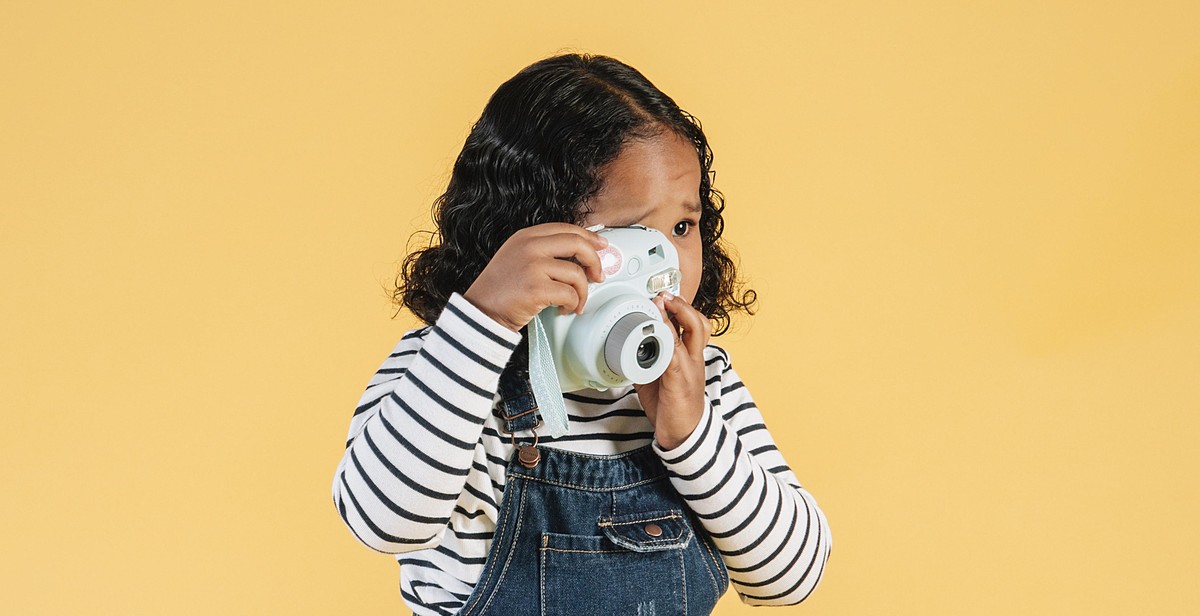The Influence of Childhood Experiences on Your Love Life
It is often said that our childhood experiences shape who we are as adults. This is especially true when it comes to our love lives. Our early interactions with family members, friends, and caregivers can have a significant impact on the way we approach relationships and the choices we make in our romantic partners.
The Role of Attachment Styles
One of the key ways in which childhood experiences influence our love lives is through the development of attachment styles. Attachment theory suggests that our early experiences with caregivers shape our expectations of how relationships should work. These expectations, in turn, influence the way we interact with romantic partners as adults.
Those who had secure attachments as children tend to have healthy, stable relationships as adults. However, those who experienced insecure attachments may struggle with trust, intimacy, and communication in their romantic relationships.
Impact of Family Dynamics
Family dynamics also play a significant role in shaping our love lives. For example, children who grew up in families with high levels of conflict or dysfunction may struggle with conflict resolution and communication in their romantic relationships. Similarly, those who grew up with absent or emotionally distant parents may struggle with feelings of abandonment or rejection in their adult relationships.
Understanding the ways in which childhood experiences influence our love lives can help us to make healthier choices in our romantic relationships. By recognizing and addressing these patterns, we can break free from negative cycles and create more fulfilling relationships.

Understanding Childhood Experiences
Childhood experiences play a significant role in shaping an individual’s personality, beliefs, and behaviors, including their love life. Two factors that influence childhood experiences are attachment styles and parenting styles.
Attachment Styles
Attachment theory suggests that the type of attachment an individual develops with their primary caregiver during early childhood can affect their behavior and relationships in adulthood. There are four types of attachment styles:
- Secure attachment: Children with secure attachment styles feel safe and secure with their primary caregiver. As adults, they tend to have healthy and stable relationships.
- Avoidant attachment: Children with avoidant attachment styles learn to suppress their emotions and avoid seeking comfort from their primary caregiver. As adults, they may struggle with emotional intimacy and have difficulty trusting others.
- Ambivalent attachment: Children with ambivalent attachment styles experience inconsistent caregiving, leading to anxiety and uncertainty. As adults, they may have difficulty with trust and experience jealousy and clinginess in relationships.
- Disorganized attachment: Children with disorganized attachment styles experience abuse or neglect from their primary caregiver, leading to confusion and fear. As adults, they may struggle with emotional regulation and have difficulty forming healthy relationships.
Parenting Styles
Parenting styles also play a significant role in shaping an individual’s personality and behaviors. There are four types of parenting styles:
| Parenting Style | Description | Effects on Children |
|---|---|---|
| Authoritative | Warm, responsive, and sets clear expectations and boundaries | Children tend to be confident, self-reliant, and have healthy relationships |
| Authoritarian | Cold, demanding, and sets strict rules without explanation | Children tend to be anxious, rebellious, and have difficulty forming healthy relationships |
| Permissive | Warm and responsive, but lacks boundaries and rules | Children tend to be impulsive, entitled, and have difficulty with emotional regulation |
| Uninvolved | Emotionally detached and neglectful | Children tend to have low self-esteem, poor social skills, and difficulty forming healthy relationships |
Understanding your childhood experiences and how they have influenced your attachment and parenting styles can help you identify patterns in your love life. It can also help you work through any issues that may be affecting your relationships and lead to healthier and more fulfilling connections.

Impact of Childhood Experiences on Love Life
Childhood experiences have a significant impact on an individual’s love life. The relationships and interactions that a person has with their family during childhood shape their future romantic relationships. Here are some ways that childhood experiences can affect an individual’s love life:
Trust Issues
Trust issues can arise from childhood experiences such as a lack of emotional support, neglect, or abandonment. If a person does not feel secure in their family relationships, they may struggle with trusting their partner in their romantic relationships. This lack of trust can lead to communication problems and emotional distance.
Communication Problems
Poor communication in childhood can lead to communication problems in adult relationships. If a person did not learn healthy communication skills as a child, they may struggle to express their feelings and needs in their romantic relationships. This can lead to misunderstandings, conflicts, and ultimately, relationship breakdowns.
Intimacy and Emotional Closeness
Childhood experiences can also impact an individual’s ability to form intimate and emotionally close relationships. If a person did not receive love and affection from their family as a child, they may struggle to form close bonds with their romantic partners. This can lead to a lack of emotional intimacy and connection in their relationships.
Patterns of Attraction
Childhood experiences can also influence an individual’s patterns of attraction. For example, if a person had a distant or emotionally unavailable parent, they may be attracted to partners who exhibit similar traits. This can lead to a cycle of unhealthy relationships and emotional pain.
It is important to recognize how childhood experiences can impact an individual’s love life. By understanding these influences, individuals can work to overcome any negative patterns and develop healthy, fulfilling relationships.

Healing from Childhood Trauma
Childhood experiences can have a significant impact on your love life as an adult. If you experienced trauma during your childhood, it can affect your ability to form healthy relationships. However, it is possible to heal from childhood trauma and build healthy relationships. Here are some ways to heal from childhood trauma:
Therapy
Therapy is an effective way to heal from childhood trauma. A trained therapist can help you identify and process the trauma you experienced. They can also teach you coping mechanisms to manage any symptoms of trauma that may arise. Therapy can help you develop a better understanding of yourself and your emotions, which can improve your ability to form healthy relationships.
Self-Care Practices
Self-care practices are essential for healing from childhood trauma. It is essential to take care of your physical, emotional, and mental health. Self-care practices can include exercise, meditation, journaling, and spending time with loved ones. Taking care of yourself can help you feel more confident and improve your self-esteem, which can improve your ability to form healthy relationships.
Building Healthy Relationships
Building healthy relationships is an essential part of healing from childhood trauma. It is important to surround yourself with people who support and uplift you. It is also important to set boundaries and communicate your needs in relationships. Building healthy relationships can help you develop trust and improve your ability to form healthy attachments.
| Therapy | Self-Care Practices | Building Healthy Relationships |
|---|---|---|
| A trained therapist can help you identify and process the trauma you experienced. | Self-care practices can include exercise, meditation, journaling, and spending time with loved ones. | Building healthy relationships can help you develop trust and improve your ability to form healthy attachments. |
| They can also teach you coping mechanisms to manage any symptoms of trauma that may arise. | Taking care of yourself can help you feel more confident and improve your self-esteem. | It is important to surround yourself with people who support and uplift you. |
| Therapy can help you develop a better understanding of yourself and your emotions. | It is also important to set boundaries and communicate your needs in relationships. |
Healing from childhood trauma is a process that takes time, but it is possible. By seeking therapy, practicing self-care, and building healthy relationships, you can heal from your past and form healthy relationships in the future.

Conclusion
Childhood experiences play a significant role in shaping our love lives as adults. It is essential to understand how our past experiences affect our present relationships. By recognizing and addressing these issues, we can improve our relationships and create a healthier and happier love life.
It is important to note that childhood experiences are not the sole determining factor in our love lives. While they may influence our behavior and choices, we are not powerless to change. With self-awareness, therapy, and a willingness to grow, we can break free from negative patterns and create new, positive ones.
Remember, it is never too late to work on yourself and your relationships. Whether you are struggling with childhood trauma or simply looking to improve your communication skills, there is always room for growth and improvement.
Key Takeaways
- Childhood experiences can impact our love lives in both positive and negative ways.
- Unresolved childhood trauma can lead to relationship issues in adulthood.
- Self-awareness and therapy can help address and overcome these issues.
- It is never too late to work on yourself and your relationships.
By understanding the influence of childhood experiences on our love lives, we can take steps towards creating healthier, more fulfilling relationships. Remember to be kind to yourself and your partner, communicate openly and honestly, and never stop growing and learning.
